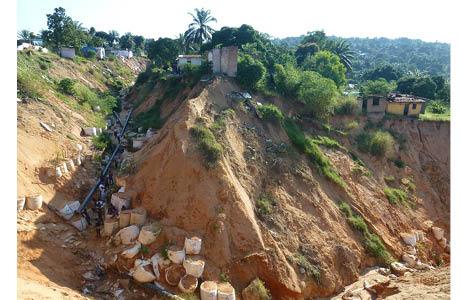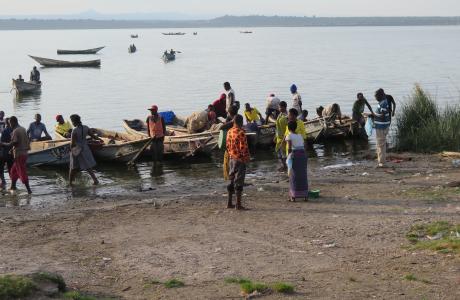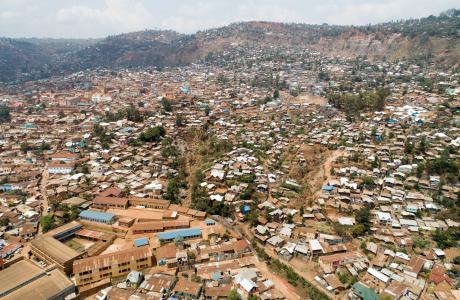A best way forward to the organization of entomological training courses in sub-Saharan Africa
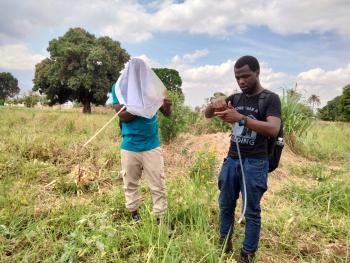
The Royal Museum for Central Africa has been organizing true fly (Diptera) training courses for more than 15 years. Initially, these trainings took place in Tervuren, Belgium with a focus on pest fruit fly species (Tephritidae). In the last decade the trainings took place in Africa and also covered trainings on fly families with an important role in pollination, such as hoverflies (Syrphidae), nose flies (Rhiniidae), and tangle-veined flies (Nemestrinidae). These trainings have been co-organized by many of our partners in the South (Benin, Kenya, Tanzania, South Africa) and have been financed by various funders of which the Directorate-general for Development Cooperation and Humanitarian Aid (DGD) is the most important one. Nowadays, our partners take over and organize the trainings courses, with minor support from our side!
The trainings comprise of theoretical sessions but the focus is on practical sessions such as the collection and curation methodologies, pinning and labelling, and actual identification of flies. In order to assist partners in the South who are interested in organizing similar initiatives, a paper is now published in the International Journal of Educational Development: “Jordaens et al. 2024 A best way forward to the organization of entomological training courses in sub-Saharan Africa.” The paper provides a brief history of the evolution of the training courses and an analysis of the profiles of the applicants. More importantly, the paper gives all relevant information on the practical organization of entomological training courses. All information is freely available and documents are provided as separate annexes in Word or Excel format to facilitate future use by others. This information will hopefully stimulate and facilitate the organisation of other entomological (or similar) training courses in the Afrotropical Region and other biogeographical regions. Such training courses will stimulate South-South networks for entomology research and the simultaneous training of participants with a different educational or professional background might foster collaborations between universities, other scientific institutions in postgraduate training and research. They may also initiate collaboration between scientific institutions and those involved in management, policy making, outreach, or implementation of legal procedures.
We believe that this kind of training courses presents a best way forward in the organisation of similar capacity building activities that will contribute to a sustainable network of entomologists. These training courses may be one of the many possible ways to reduce the gender inequality gap in biological sciences in the Afrotropical Region.
A copy of the paper can be obtained from the first author, Kurt Jordaens (kurt.jordaens@africamuseum.be), or from the co-authors Massimiliano Virgilio (massimiliano.virgilio@africamuseum.be) and Marc De Meyer (marc.de.meyer@africamuseum.be).
 Group photo of the fifth entomological training on pollinating flies (Morogoro, Tanzania, 2023). © RMCA, Kurt Jordaens
Group photo of the fifth entomological training on pollinating flies (Morogoro, Tanzania, 2023). © RMCA, Kurt Jordaens Catching flies with a hand net and aspirator during the fifth entomological training on pollinating flies (Morogoro, Tanzania, 2023). © RMCA, Kurt Jordaens
Catching flies with a hand net and aspirator during the fifth entomological training on pollinating flies (Morogoro, Tanzania, 2023). © RMCA, Kurt Jordaens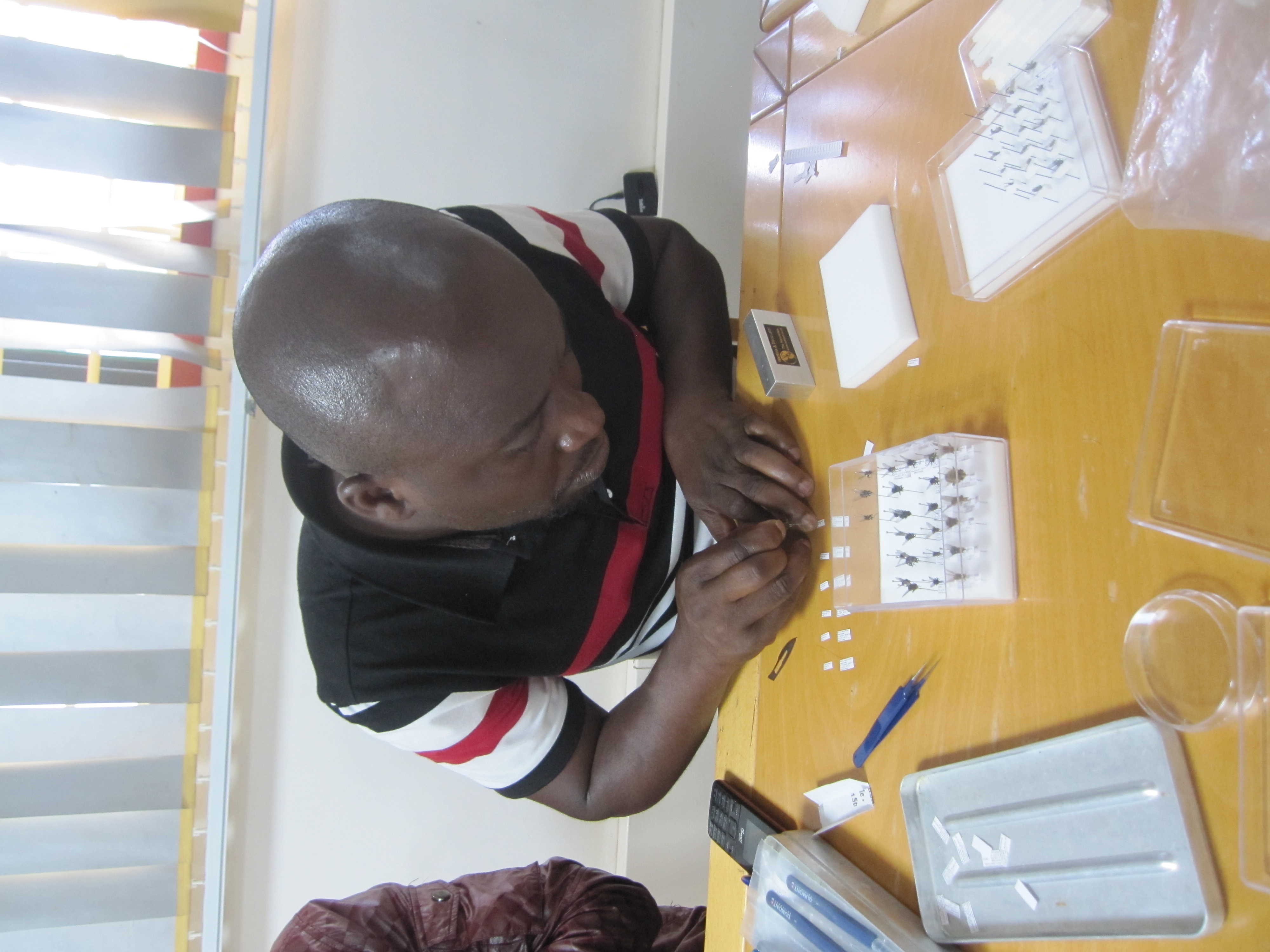 Pinning and labeling flies during the first entomological training on pollinating flies (Nairobi, Kenya, 2017). © RMCA, Kurt Jordaens
Pinning and labeling flies during the first entomological training on pollinating flies (Nairobi, Kenya, 2017). © RMCA, Kurt Jordaens